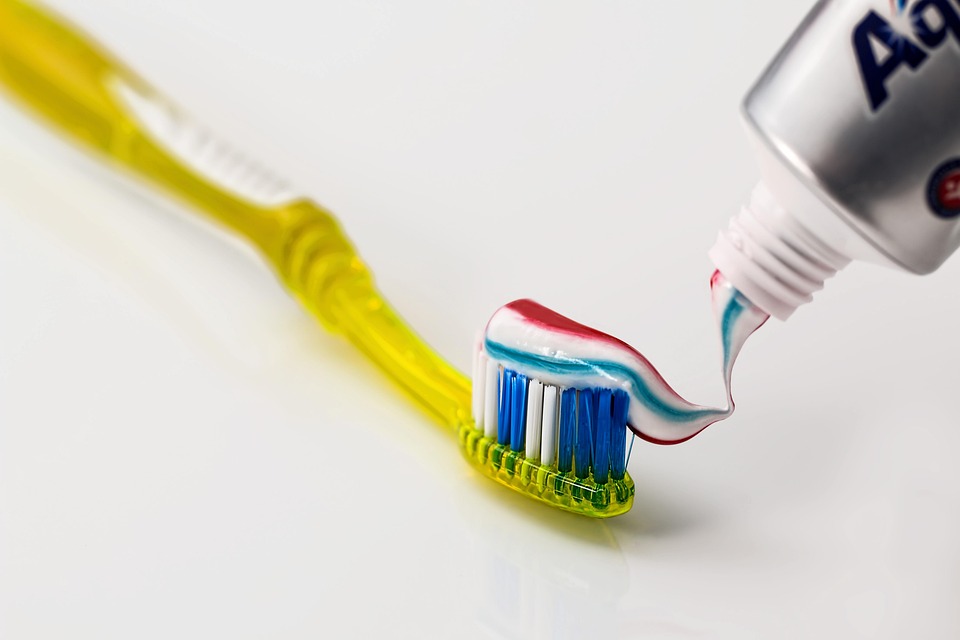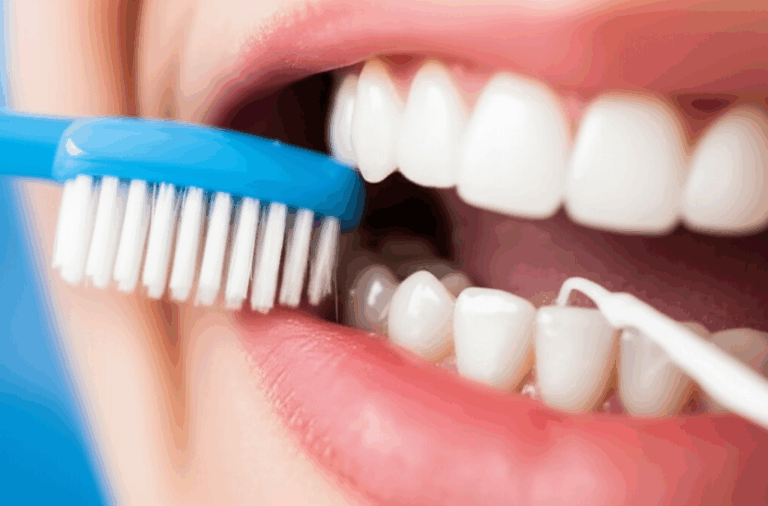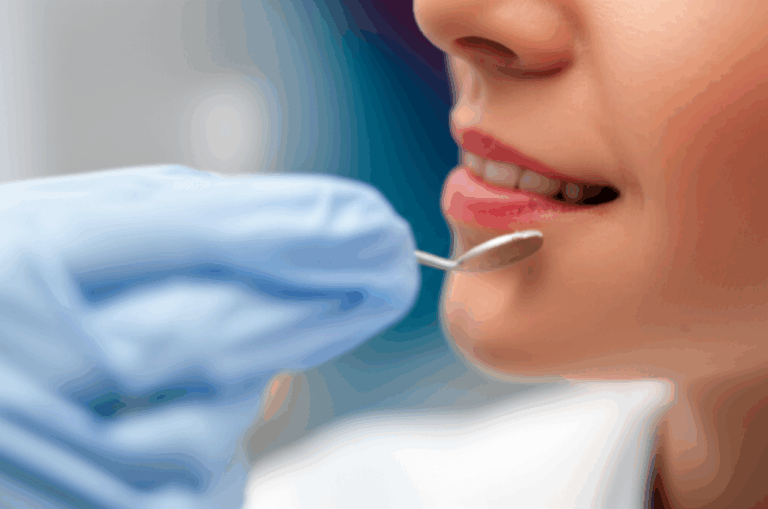
Can Dental Implants Cause Ear Problems
Wondering if dental implants can mess with your ears? You’re not the only one! A lot of people ask if having dental implants might cause ear pain, plugged ears, ringing, or strange sounds. If you’re worried before seeing the dentist, or just want to be careful, this guide is here for you. In this article, I’ll break down what you need to know: how dental implants and ear problems might be connected, what signs to look for, and what to do if you have trouble. It’s worth a read because you’ll get answers and feel more relaxed, so you can make the best choices for your teeth and your hearing.
Article Outline
- What Are Dental Implants, Really?
- How Close Are Teeth to Your Ears?
- Can Getting Dental Implants Actually Cause Ear Problems?
- Why Might Ear Issues Happen After a Dental Implant?
- What Symptoms Should You Watch For?
- How Can You Tell If It’s an Ear Problem or an Implant Problem?
- Is There a Link Between Sinus Trouble, Implants, and Earache?
- What Role Do Dental Labs Like china dental lab, zirconia lab, or emax dental lab Play?
- Can Choosing the Right Implant and 3d dental lab Prevent Problems?
- What Should You Do If You Feel Ear Pain After an Implant?
1. What Are Dental Implants, Really?
Here’s the basics. Dental implants are small, screw-shaped metal posts. Dentists put them into your jawbone where a tooth is missing. After a few months, your bone holds them in place, just like real roots. Then, fake teeth or bridges are put on top, so you can eat, smile, and talk without trouble.
I know people who say getting dental implants changed their lives. They could eat hard foods again and didn’t have to hide their smile. Modern dental labs—including China dental labs and fancy emax dental labs—make these implants look so real, sometimes even dentists have to look close to tell the difference.
If you keep your teeth clean, dental implants can last a long time. But just like any surgery, sometimes things don’t go as planned. That’s why some people ask—can dental implants cause ear problems or side effects?
2. How Close Are Teeth to Your Ears?
If you feel inside your mouth, your back teeth are actually very close to your ears, with just a thin piece of bone between. Your jaw joints (called TMJ) are almost in line with where your ear canal starts. Teeth and ears do share some nerves and blood flow, but they aren’t really joined directly.
Here’s something interesting. Once, when I had a bad tooth, my ear started hurting for no reason. My dentist said the nerves are so close that sometimes pain “travels” from your jaw to your ear. This is called “referred pain”—your brain gets tricked about where the pain comes from!
So, even though your teeth and ears aren’t together, they’re close enough that problems in one place can sometimes cause problems in the other.
3. Can Getting Dental Implants Actually Cause Ear Problems?
Now for the main question. Most people do not get ear problems after dental implants. Dentists put in millions of implants every year—made in special places like zirconia labs and 3D dental labs—with no trouble. But, in rare cases, getting an implant might make your ears act up.
Here’s why: Pain, swelling, or infection in your jaw can make nerves send signals that reach your ear. Swelling in your jaw can sometimes make your ear feel plugged. After dental work, you might notice ringing, odd sounds, or even muffled hearing. Most of the time, this goes away soon.
For most folks, these things get better in a few days or weeks. But for a tiny number of people—like if an implant is too close to a nerve or gets infected—ear problems can hang around. That’s when you should get a dentist to check it out.
4. Why Might Ear Issues Happen After a Dental Implant?
Getting a dental implant is still a small surgery. Any surgery can make things swell or get sore. If you get an implant in your top jaw close to your sinus, or bottom jaw near big nerves, the area might get extra sensitive.
Picture this: You get an implant in your top back tooth, and your sinus right above it gets annoyed. That sinus is very close to your ear canals. Swelling in that area can make your ear feel full, ring, or sound funny—almost like underwater.
If a dentist touches a nerve by mistake—such as the big nerve in your lower jaw—it can send sharp pain to your ear. That’s really unpleasant!
Also, if germs get into the area where the implant went in, infection can make your face swell and pain can run up to your ear. Taking care of your mouth stops this from happening.
5. What Symptoms Should You Watch For?
Not sure what’s normal after an implant? Here are things you shouldn’t ignore: sudden, sharp ear pain after surgery; constant ringing in your ear (tinnitus); sounds being muffled; popping or feeling pressure in your ear.
If your gums get red, swell up, or push out pus—especially with a fever—you could have an infection that might reach your ear. Even simple things, like pressure while chewing or feeling your face is full on one side, can be a warning.
If pain feels strange, or not like a normal toothache, tell someone! The sooner you get help, the easier it is to make it right.
6. How Can You Tell If It’s an Ear Problem or an Implant Problem?
Sometimes, it’s hard to tell. Is your ear hurting because of the implant, a cold, or something else? Here’s my way of figuring it out:
- If your ear pain starts soon after the dental work, and your jaw hurts or is swollen, it might be from the implant.
- If you have a stuffy nose, runny nose, or sore throat too, it might just be a cold or sinus bug.
From what I’ve seen, tooth-related ear pain usually feels dull or pounding. Typical ear infections feel sharp, stabbing, and you often get a fever and hearing loss too. Your dentist or doctor can figure out the real problem by looking at you, and sometimes with x-rays or scans. Don’t be afraid to ask questions.
7. Is There a Link Between Sinus Trouble, Implants, and Earache?
Yes! Your sinuses, especially the one above your top teeth, are just a thin space away from your ears. When a dentist puts dental implants up there, they sometimes touch the sinus and make it feel funny.
Plenty of people don’t know that a blocked sinus can push on nerves that go to your ear. One time, my neighbor said her implant gave her an earache. It turned out her sinuses just hurt from allergies—her implant was fine!
But, if your sinus gets infected, the small tubes that let your ears “breathe” (your Eustachian tubes) can get blocked too. That can make your hearing muffled or your ears pop. Solve the sinus problem, and most likely your ear feels normal soon after.
8. What Role Do Dental Labs Like China Dental Lab, Zirconia Lab, or Emax Dental Lab Play?
Dental labs are more important than you might think! These workers create the fake teeth and parts that go on your dental implants. Some great labs—like a top China dental lab or an emax dental lab—use modern machines and strict checks to make sure everything fits well.
If the lab work is bad, your teeth might come together wrong, which can strain your jaw. That can lead to jaw pain, headaches, or even ear pain. Good zirconia labs make super-accurate parts so your bite feels normal and safe.
Labs using 3D tech make things fit even better. A perfect fit gives less pressure and hardly ever causes ear pain. Next time you see your dentist, it’s okay to ask where your implants come from!
9. Can Choosing the Right Implant and 3D Dental Lab Prevent Problems?
For sure. Not all implants are the same. Titanium or zirconia implants made at a good 3D dental lab fit really well. Why does this matter? Because a good fit means your bite is even, your jaw isn’t stressed, and nerves stay calm.
Once, a patient I knew got a crown made at a really good zirconia lab. It fit so well, they couldn’t remember which tooth was fake! If the implant or the work isn’t good, though, you could end up with sore teeth, moving teeth, or pain in your nerves—which could also make your ears ache.
So, for the least trouble, pick a dentist who works with a trusted lab, especially one using digital and 3D tech.
10. What Should You Do If You Feel Ear Pain After an Implant?
If you just got an implant and now your ear hurts, don’t panic—this happens to others too! Most small pains go away on their own as swelling goes down.
But if your pain is strong, you have a fever, pus, a swollen face, or can’t hear well, call your dentist or surgeon right away. They’ll check your mouth and ears, maybe use x-rays or a scan, and see if the problem is from infection, nerves, or sinuses.
Usually, you’ll get medicine to calm infection or swelling. In very rare cases, if the implant is put in the wrong spot, it might need fixing or replacing. Don’t worry—the sooner you get help, the easier it is to fix things.
Keep brushing, rinse gently, and see your dentist for checkups. That helps keep your new tooth and your ears healthy.
Summary: Key Takeaways
- Dental implants don’t usually cause ear problems, but it’s possible in rare cases.
- Pain usually comes from swelling, germs, or nerves—not the implant itself.
- Look out for earache, ringing, full ear, or sore spots after getting an implant.
- Sinus troubles can make your ears feel weird—fix the sinus, and your ears get better.
- Good dental labs like top China labs or modern zirconia labs keep your bite normal.
- 3D dental labs make implants fit better so you have less risk of trouble.
- Always tell your dentist if you notice ear problems, especially if they’re strong or long-lasting.
- Getting help quickly makes things easier and less scary.
- Brushing, rinsing, and talking to your dentist are the best ways to stay safe.
- You’ll feel calm and happy if you pick the right team for your teeth!
I hope this makes you feel better about dental implants and how they might affect your ears. Here’s to a bright, pain-free smile—without any ear problems!








